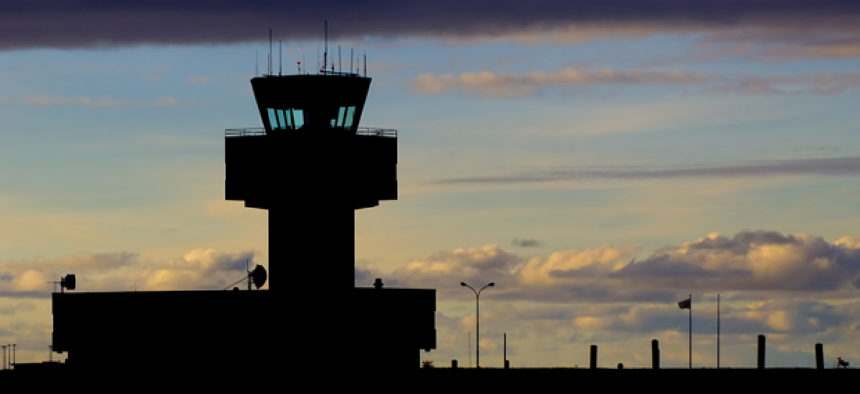NextGen may miss deadlines because of shutdown

According to union leaders and stakeholders, the 35-day shutdown made the U.S. airspace less safe and froze needed modernization and policy development.

The 35-day partial government shutdown could have long-lasting effects on the U.S. airspace, according to groups representing safety inspectors, flight attendants and air traffic controllers.
Paul Rinaldi, National Air Traffic Controllers Association president, told a congressional panel that even if another shutdown is avoided, "it's going to take four, six, eight months to get back to normal."
Rinaldi, testifying before the Aviation Subcommittee of the House Transportation and Infrastructure committee on Aviation said that by the time the shutdown ended, the "system was on the verge of unraveling," because "many of our programs to reduce the risk and enhance the safety of the system had come to a complete stop."
The impacts of the shutdown could be seen even further down the road as well. One of the major ongoing long-term projects in the air traffic space is the NextGen initiative, a massive air traffic control modernization program totaling more than $30 billion. During the shutdown, updates to the long-term program were postponed.
"Modernization was at a complete standstill," said Mike Perrone, national president of the Professional Aviation Safety Specialists.
The next major deadline for the program arrives January 2020 when aircraft are supposed to include a new automated safety and surveillance technology. Airlines for America President and CEO Nicholas Calio said as a result of the shutdown, he did not know if NextGen would meet this deadline.
"We're working towards [the deadline], our expectation is to try to meet it, but we'll see," he said. "But all of these shutdowns create a slowdown because nobody could work on it for 35 days…. Every shutdown has a cumulative impact. "
Rep. Peter DeFazio (D-N.Y.) introduced a bill that would allow the Federal Aviation Administration to dip into the Airport and Airway Trust Fund to continue operations in the event of a shutdown. Still, at the hearing, DeFazio lamented that the shutdown "delayed critical rulemaking" in other policy areas, including drones.


